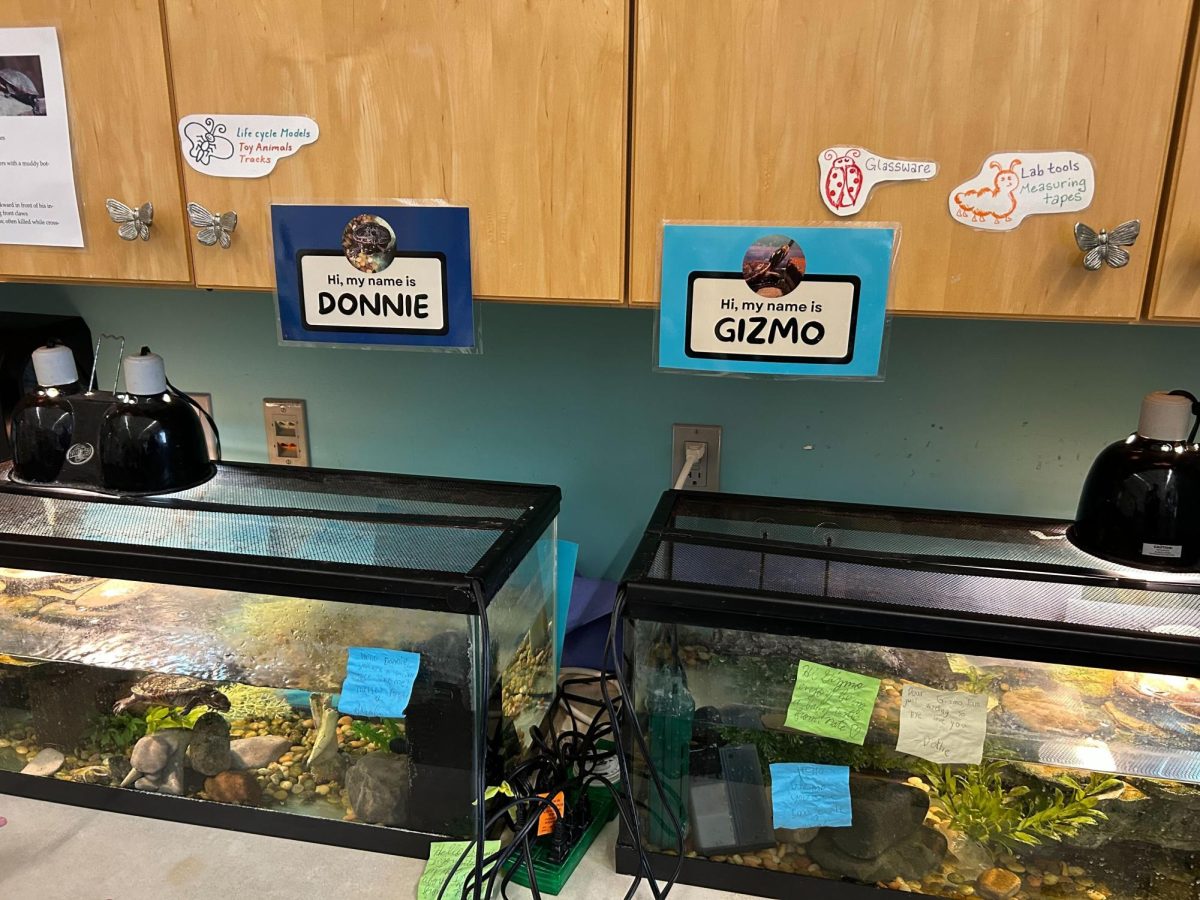Scientists are taking the Stoic prescription of simplification to whole new levels, specifically, the cellular level.
On March 24, scientists announced that they built a single-celled organism that only has 473 genes. In comparison, humans have around 20,000.
Researchers believe that 473 is close to the minimum number of genes a cell needs to stay alive. In creating such a cell, they hope to develop new cellular and chemical manufacturing methods.
L. Craig Venter, a genome scientist and founder and CEO of the J. Craig Venter Institute, and a group of 23 others conducted the research, which was published in the magazine Science. The newly created organism has the smallest genome of any known living thing that is capable of reproduction.
“You cannot live without all but one or two of the genes in this genome,” Venter told NPR.
The project is two decades in the making. In 1995, scientists had just sequenced complete genomes for two different types of bacteria. To their surprise, there were stark differences between the two.
“We were amazed at the lack of similarity of the two, even at the most fundamental level,” Venter told NPR.
To create the bacterium, the scientists began with Mycoplasma mycoides, a bacterium that is already quite simple. Then, they began to remove genes, examining each one and considering its value to the bacterium’s continued existence.
The scientists kept only genes that were essential to the cell’s ability to live, grow and reproduce. They discarded the rest.
The result was the aforementioned cell containing 473 genes, which the scientists are calling JCVI – syn3.0.
Scientists hope the creation of this new cell will serve two purposes: a better understanding of the genes that are essential to life and the groundwork for a design that could mass produce any molecule scientists desire.
Some of that research will begin with the genes in the newly created cell. The Venter team reported that the cell contains 149 genes of unknown purpose, other than that their removal compromises the cell’s ability to survive.
“We have discovered some essential facts of biology by doing this,” Venter told the Guardian. “We know about two thirds of essential biology. We are missing a third, which is a very important lesson.”
While exciting, Venter stresses that he and his team have only created “a minimal bacterial cell” (emphasis mine). Genomes are context specific, suggesting other minimal bacterial cells could have more or fewer genes than JCVI – syn3.0.
“One important finding is that every genome is context specific,” Venter told the Guardian. “It totally depends on the chemicals in the environment that it has available to it so there is no such thing as a true minimal genome.”
Also, while providing an important step toward understanding more about the human genome, Venter says we still have a long way to go.
“If we can’t understand what happens in a cell with less than 500 genes, imagine how complicated it’s going to be to understand our 20,000-some genes in the human genome,” Venter told NPR. “So, it’s essential for understanding all of life to understand the basic components.”








